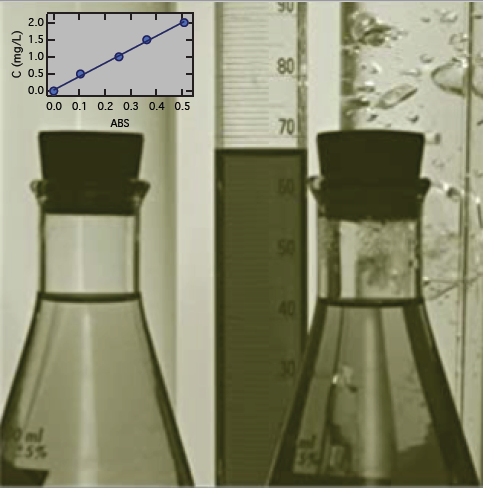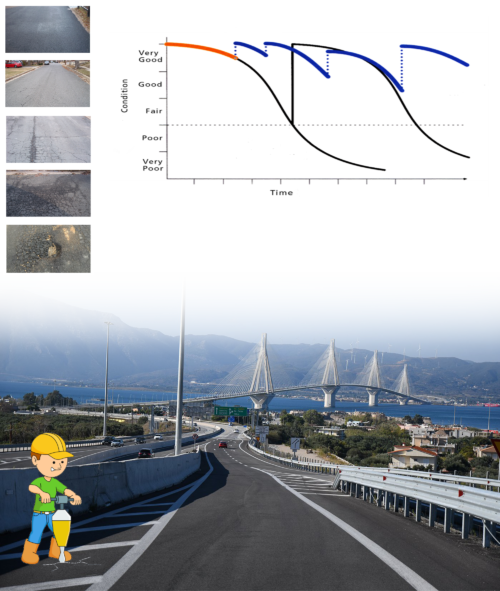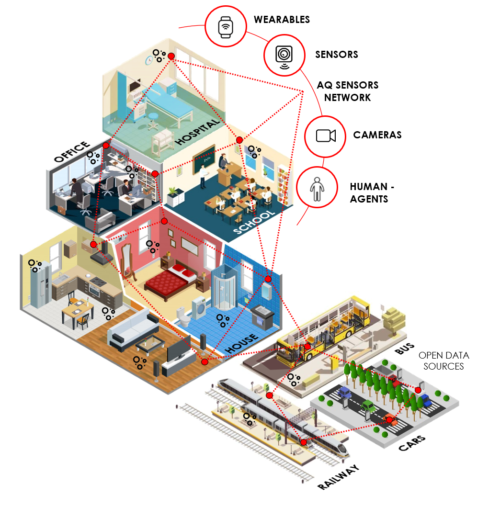| 1. Introduction and laboratory safety.
2. Types of pollutants. 3. Sampling design and samples handling. 4. Precision and accuracy of measurements. 5. Determination of pH, dissolved oxygen, electric conductivity and salinity. 6. Determination of chemical and biochemical oxygen demand. 7. Determination of nitrogen (ammonia, nitrate and Kjeldahl nitrogen) and phosphorus. 8. Spectrophotometric methods of analysis. 9. Ion chromatography. 10. Atomic emission spectroscopy.
|
ENVIRONMENTAL ANALYSIS
| SEMESTER | 9th |
|---|---|
| eclass | https://eclass.upatras.gr/courses/CIV1740/ |
| Details | http://www.civil.upatras.gr/index.php/odhgos/ |
| Instructor | ECONOMOU POLYCHRONIS, MANARIOTIS IOANNIS |
| LANGUAGE OF INSTRUCTION and EXAMINATIONS | YES (In English) |
| Credits ECTS | 5 |
| Erasmus+ | No |
| Code | CIV_9562A |
| The course introduces students to how environmental measurements related to water and wastewater quality are conducted. The course will help students know which tests are appropriate for given environmental problems, organize sampling in water/wastewater treatment plants and water bodies, statistically interpret laboratory results, and apply laboratory results to problem identification, quantification, and environmental design and technical solutions.
At the end of this course the student should be able to: · Perform common determinations related to water and wastewater quality. · Know which parameters are appropriate for given environmental problems. · Statistically analyze and interpret laboratory results. · Apply the laboratory results to problems identification and assessment. · Understand and use water and wastewater sampling procedures and sample preservation. · Demonstrate the ability to write laboratory reports. · Demonstrate the ability to work in groups. |





